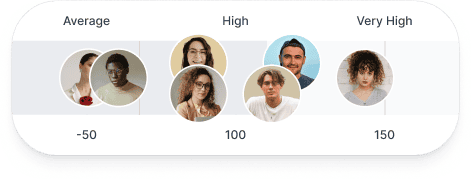You can get an entry-level position in programming in two to four years. That time typically includes earning a bachelor's or associate's degree in IT or computer science. But you can also enter the profession without a college degree. You can learn one or more popular programming languages on your own, then earn an industry certification to show your worth to prospective employers.
What higher education is required?
Most job listings in programming will include a college education requirement with at least an associate degree. Degree options typically include computer science, IT, or data science and mathematics. Look for any degree that includes programming classes in its curriculum.
But many of these listings don't require formal education. Instead, they might ask for equivalent practical experience. In these cases, self-education using online resources or online courses may be enough. For example, you can enter certificate programs to earn an online certification in C++, Java, or Python at an accredited university that most global employers will accept.
Educational requirements increase with your experience level. For example, a graduate degree in computer science can help you get supervisory positions. Advanced degrees tend to focus on the more strategic aspects of programming that help you move up in your career.
What licenses, certifications, and registrations will you need?
Most employers include certifications in the 'desired' section of the job listing, not the 'required' section. But if you’re self-educated through online programs, these certifications can help you prove your qualifications.
Certifications tend to be globally recognized. For example, you can earn a JavaScript certification from the International JavaScript Institute that will show your qualifications regardless of your country.
One increasingly popular option to qualify for an entry-level position without full-time study are so-called coding bootcamps. These educational programs offer part-time, evening online classes and can be completed in as little as 6 months. Bootcamp graduates receive relevant certifications and often receive hiring benefits from companies partnering with the online schools offering these programs.
What on-job internships and apprenticeships are typical for aspiring computer programmers?
Internships are not required for entry-level programming positions. But they can help you stand out from other candidates who don't yet have practical experience.
Most four-year degrees require an internship or independent study before graduation. Most internships will provide you with beginner-level coding skills and an insight into the type of work environment you can expect in a full-time job.
What advancement and specialization opportunities are there?
With the right experience, programmers can advance to managerial and leadership positions. They may also specialize in roles that build on the foundational code they've written, such as:
- Software developers
- Network security analysts
- Game design directors
- Computer systems analysts
- Senior database administrators
- Quality assurance engineers
- And more.











.png)

.svg)






%20(1)-2.png)
